The Librarys Legal Answers for Meeting Rooms and Displays
Mary Minow
Tomas A. Lipinski
Gretchen McCord
 An imprint of the American Library Association
An imprint of the American Library Association
Chicago | 2016
About the Authors
Mary Minow is an Advanced Leadership Initiative fellow at Harvard University. She has been a consultant with LibraryLaw.com since 1998. She advises libraries on free speech, privacy, copyright, and related issues. Minow has a JD from Stanford University, an AMLS from the University of Michigan, and a BA from Brown University.
Tomas A. Lipinski has worked in a variety of legal settings including the private, public, and nonprofit sectors. He received his JD from Marquette University Law School, LLM from The John Marshall Law School, and PhD from the Graduate School of Library and Information Science. Lipinski currently serves as Professor and Dean of the University of WisconsinMilwaukees i -School, the School of Information Studies.
Gretchen M c Cord is an attorney, consultant, and trainer specializing in copyright, trademark, and privacy law, and other legal issues related to digital information. She is the founder and principal of Digital Information Law, which provides a variety of online and face-to-face training in copyright law and related areas. McCord received her JD from the University of Texas School of Law, MSIS from the University of North Texas, and BA from Rice University.
Copyright
2016 by Mary Minow, Tomas A. Lipinski, and Gretchen McCord
Extensive effort has gone into ensuring the reliability of the information in this book; however, neither the publisher nor the authors make any warranty, express or implied, with respect to the material contained herein.
ISBNs: 978-0-8389-1440-3 (ePub); 978-0-8389-1441-0 (Kindle)
ALA Editions purchases fund advocacy, awareness, and accreditation programs for library professionals worldwide.
Preface
W ere lawyers with library degrees. As educators and consultants, we work with a variety of library organizations. As new libraries are built or remodeled to include more meeting rooms, and as the law has evolved in that area, particularly with regard to the use of meeting rooms for religious purposes, we started hearing questions, some revealing confusion or misunderstandings. We continue to read of libraries, for example, that have policies that do not allow religious groups to use library meeting rooms. While there are still nuances with regard to the use of the rooms for religious services, it is clear, at this point, that a room that is open to general public use may not restrict religious groups who wish to book the room for any other purpose.
Bilingual in legalese and library jargon alike, we aim in this, the second in a series of Library Legal Answers books, to give straightforward answers to common questions that arise in your library work and to help you avoid or minimize legal problems. For your attorneys, trustees, and interested laypersons, we cite relevant laws and cases in end notes.
Our goal is that this information will be a good starting point for addressing your legal issues. The law is ever-developing and also often jurisdiction specific. Be sure to consult a lawyer in your jurisdiction if you have a specific issue to address.
Libraries are the heartbeat of the community. We treasure their role as a gathering place, where people can connect with each other around shared interests. Libraries exhibit spaces, bulletin boards, and giveaway racks encourage an exchange of ideas on local issues and notices of happenings around town. Here, weve given attention to addressing, from the perspective of the law, what could go wrong in such situations. The good news is that with awareness of these legal issues, and steps you can take, you can go forward with more confidence.
Mary Minows Story
W hen I worked as a public librarian, booking meeting rooms and setting up displays, it never occurred to me that I was acting as a government agent, and that my bookings were subject to First Amendment review. I shudder to recall one Saturday when I got a flurry of phone calls from churches, vociferously complaining that the group Eckankar was planning to show a film in our community room that afternoon. If I didnt cancel it, I was told, there would be pickets and demonstrations.
I immediately checked into the situation. Yes, Eckankar had booked the room. The churches were not opposed to Eckankars messageit teaches about the eternal soul and soul travel. The churches were upset because they themselves had wanted to use the community room and had been turned away by our policy that said no religious groups could use the room. Eckankar, said the protesters, was a religious group, and we had let its followers in. What did I do? I talked to Eckankar, made a determination that, yes, indeed, it was a religious group. I felt fortunate that the group did not dispute that characterization. This meant that under our policy, they could not use the room. I told them that we would honor todays booking, but they would need to look elsewhere for future meetings. The protesters accepted my solution, and I felt I had solved a crisis.
I didnt realize how lucky I was that Eckankars followersand the churches, for that matterdid not file a lawsuit against us. Had they done so, they would have won, even though our policies were not unusual. I didnt know that I had been acting as an agent of the government and was a custodian of a public forum, a soapbox where citizens have First Amendment rights of expression. I had no idea that my librarys community room was such a sacred space, virtually guaranteed to all community members on an equal basis, regardless of the content of their meetings.
This book describes the legal context of public library spaces that have been opened up to public expression, such as community rooms, auditoriums, public display walls, and exhibit cases. These public spaces, known in legal parlance as public forums, trigger a strict scrutiny First Amendment analysis whenever content restrictions are placed on their use.
Contents
Libraries and Categories of Public Forum
Type of Library Matters
Spaces in Public Institutions that are Off Limits to the Public
Nonpublic Forum: The Librarys Technical Services Areas and Offices
Speech Content Regulations
Case Study: Manhasset Public Library
Speech Regulations: Content-Neutral
Meeting Rooms: Special Considerations
Library Sponsored Meetings and Displays
Leafletting and Solicitation
Professional Guidance
: Cases Concerning or Relating to Libraries, Meeting Rooms, and Exhibit Spaces
Libraries and Categories of Public Forum
Type of Library Matters
Q1: Are all library meeting rooms and display areas protected by the First Amendment?
No. If your library is private, or part of a private institution, the First Amendment is not applicable, with few exceptions. The First Amendment restricts government from abridging free speech. Private institutions are not constrained, even if their meeting rooms are open to the public.
Spaces in Public Institutions that are Off Limits to the Public
Q2: Must all library meeting rooms and display areas in public institutions be open to all users?
No. First of all, each library can designate certain rooms or display areas to be off-limits to users. Not all government spaces are open to allyou neednt entertain all groups in your office space, technical services area, etc. However, once a library opens a room or display area for public use, it is considered a designated public forum. Designated forums are treated as though they are public forums, and the library may not control which messages are expressed there (unless the forum is also determined to be limited, as explained below).


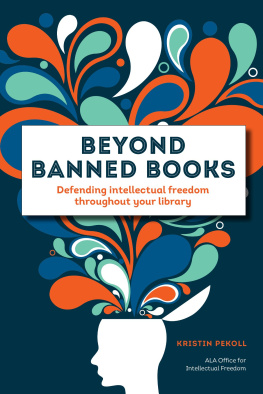
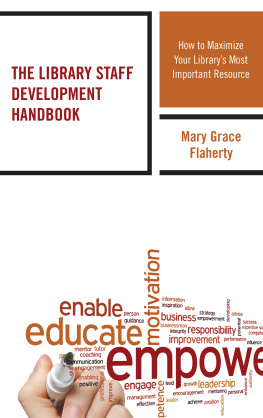
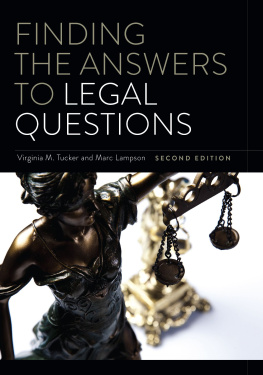
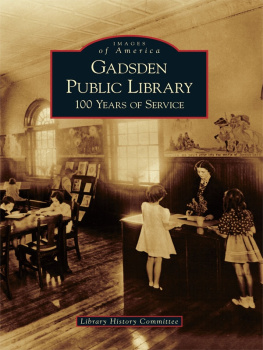
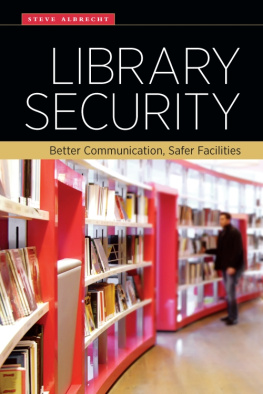
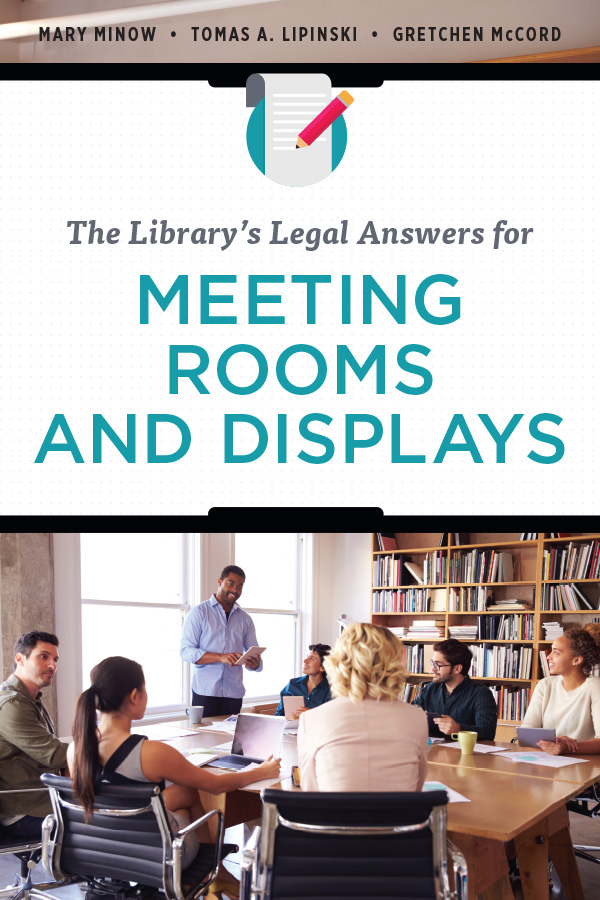
 An imprint of the American Library Association
An imprint of the American Library Association